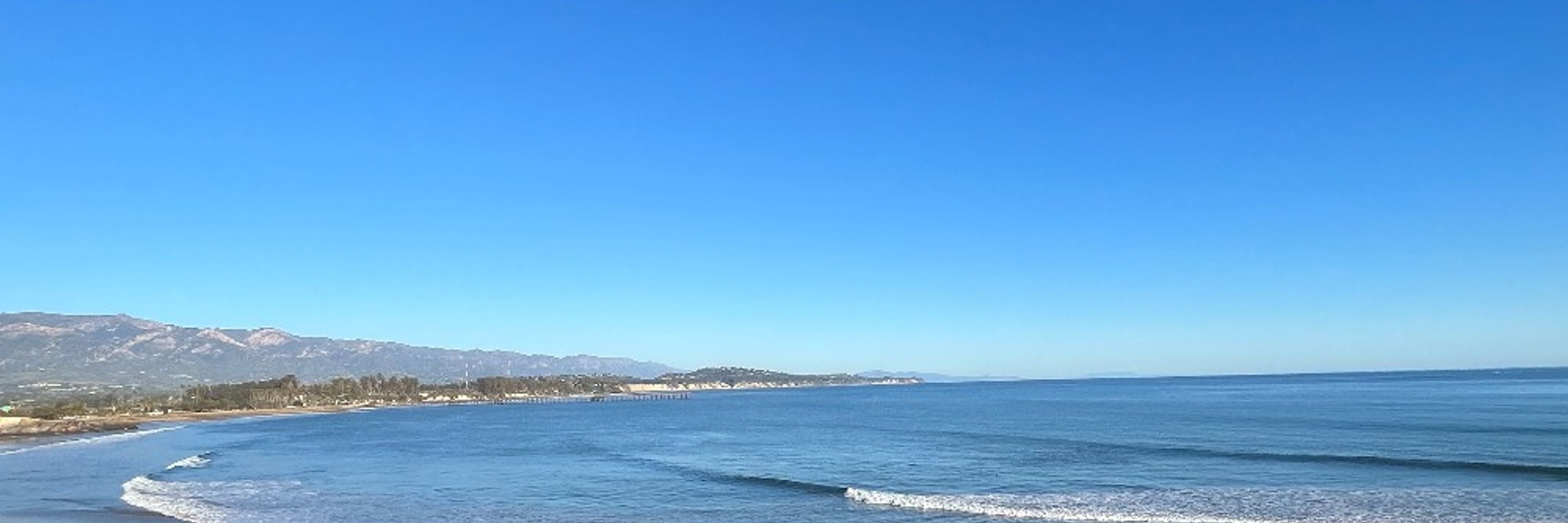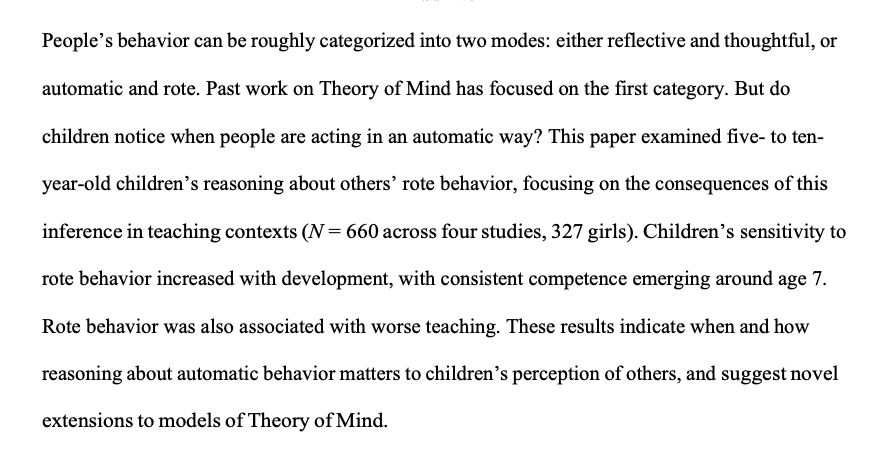
bmwoo.github.io


cognitivescience.ceu.edu/admission
Deadline February 4, 2026. Please share with any interested students!
#PsychSciSky #DevPsych #CogPsych
cognitivescience.ceu.edu/admission
Deadline February 4, 2026. Please share with any interested students!
#PsychSciSky #DevPsych #CogPsych
Our 52nd Annual Meeting will be held from June 18–20, 2026 at Johns Hopkins University in Baltimore, MD, with a pre-conference on Mental Control and Agency held at JHU on June 17
🚨🚨🚨
We are currently inviting submissions of papers (talks and posters)!
Our 52nd Annual Meeting will be held from June 18–20, 2026 at Johns Hopkins University in Baltimore, MD, with a pre-conference on Mental Control and Agency held at JHU on June 17
🚨🚨🚨
We are currently inviting submissions of papers (talks and posters)!
More details (e.g. responsibilities): soc.stanford.edu/people/#join...
Apply here: careersearch.stanford.edu/jobs/social-...
More details (e.g. responsibilities): soc.stanford.edu/people/#join...
Apply here: careersearch.stanford.edu/jobs/social-...
![On official UC letterhead:
UNIVERSITY
OF
CALIFORNIA
James B. Milliken President
Office of the President
1111 Franklin Street Oakland, CA 94607
universityofcalifornia.edu
CAMPUSES Berkeley
Davis
Irvine
UCLA
Merced
Riverside San Diego San Francisco
Santa Barbara Santa Cruz
MEDICAL CENTERS
Davis
Irvine
UCLA
San Diego
San Francisco
NATIONAL LABORATORIES Lawrence Berkeley Lawrence Livermore Los Alamos
DIVISION OF AGRICULTURE AND NATURAL RESOURCES
November 18, 2025
Dear Chancellors:
I'm writing with regard to the President's Postdoctoral Fellowship Program (PPFP) and the program's associated faculty hiring incentive.
As you know, for more than 40 years, PPFP has provided postdoctoral research fellowships, professional development, and faculty mentoring to scholars in all fields whose research, teaching, and service advance the academic and research missions of the University of California.
Since 2003, UC campuses that hire current and former PPFP fellows into ladder-rank positions have been eligible for a hiring incentive funded by the University that provides support for newly hired fellows for five years. Since the creation of the incentive, more than $162 million has been invested by the University to support PPFP faculty hires. This commitment has enabled our campuses to successfully recruit and retain outstanding faculty across a range of disciplines.
Given the myriad challenges currently facing UC - including disruptions to billions of dollars in annual federal support, as well as uncertainty around the state budget- reasonable questions were raised in recent months about whether the University could maintain the commitment to current levels of incentive funding. After considering a recommendation to sunset the incentive program due to these significant fiscal constraints, I consulted with all of you as well as faculty and campus academic administrators and systemwide Academic Senate leadership.
[continued on next image]](https://cdn.bsky.app/img/feed_thumbnail/plain/did:plc:rzn6yramffebefeitqifiqqz/bafkreigiwq5ongzwpj4wqmgjam3yfvhyjnv5e3dbq6cnrrbwblqvs624gq@jpeg)



Caveats:
-*-*-*-*
> These are my opinions, based on my experiences, they are not secret tricks or guarantees
> They are general guidelines, not meant to cover a host of idiosyncrasies and special cases
Caveats:
-*-*-*-*
> These are my opinions, based on my experiences, they are not secret tricks or guarantees
> They are general guidelines, not meant to cover a host of idiosyncrasies and special cases
Nov 7th and 8th sites.google.com/view/mprg/on...
Learn more: www.moralmindslab.com/join-our-tea...
(P.S. @tedmond.bsky.social is also taking a student!) @msupsychology.bsky.social



Learn more: www.moralmindslab.com/join-our-tea...
(P.S. @tedmond.bsky.social is also taking a student!) @msupsychology.bsky.social
Beyond the Adult Mind: A Developmental Framework for Predictive Processing in Infancy - Ward - Topics in Cognitive Science - Wiley Online Library onlinelibrary.wiley.com/doi/full/10....

Beyond the Adult Mind: A Developmental Framework for Predictive Processing in Infancy - Ward - Topics in Cognitive Science - Wiley Online Library onlinelibrary.wiley.com/doi/full/10....


Alright, this one’s been sitting in my drawer for a year now, after @mcxfrank.bsky.social and I got turned down for a public commentary.
But before I forget about it completely, here’s the preprint:
Can we harvest insights for rice theory from two state farms in China?
osf.io/preprints/ps...

Alright, this one’s been sitting in my drawer for a year now, after @mcxfrank.bsky.social and I got turned down for a public commentary.
But before I forget about it completely, here’s the preprint:
Can we harvest insights for rice theory from two state farms in China?
osf.io/preprints/ps...
www.nature.com/articles/d41...
@emsque.bsky.social @ucsdcooperlab.bsky.social @julieposselt.bsky.social 🧪

www.nature.com/articles/d41...
@emsque.bsky.social @ucsdcooperlab.bsky.social @julieposselt.bsky.social 🧪
- Science PhD admissions reduced by more than 75%
- Arts & Humanities reduced by about 60%
- Social Sciences by 50–70%
- History by 60%
- Biology by 75%
- The German department will lose all PhD seats
- Sociology from six PhD students to zero
- Science PhD admissions reduced by more than 75%
- Arts & Humanities reduced by about 60%
- Social Sciences by 50–70%
- History by 60%
- Biology by 75%
- The German department will lose all PhD seats
- Sociology from six PhD students to zero
Apply by Nov 12!
Maybe of interest to folks from #COSMOS2025 or @eslr.bsky.social? Please feel free to share! 🙏
Apply by Nov 12!
Maybe of interest to folks from #COSMOS2025 or @eslr.bsky.social? Please feel free to share! 🙏
but what about the flip side? when real humans seem like robots/puppets/NPCs?
nnnnnewwww pre-print:
"The Development Of Sensitivity To Automatic Behavior"
(by Bass, Bonawitz, & me)
doi.org/10.31234/osf...


but what about the flip side? when real humans seem like robots/puppets/NPCs?
nnnnnewwww pre-print:
"The Development Of Sensitivity To Automatic Behavior"
(by Bass, Bonawitz, & me)
doi.org/10.31234/osf...

